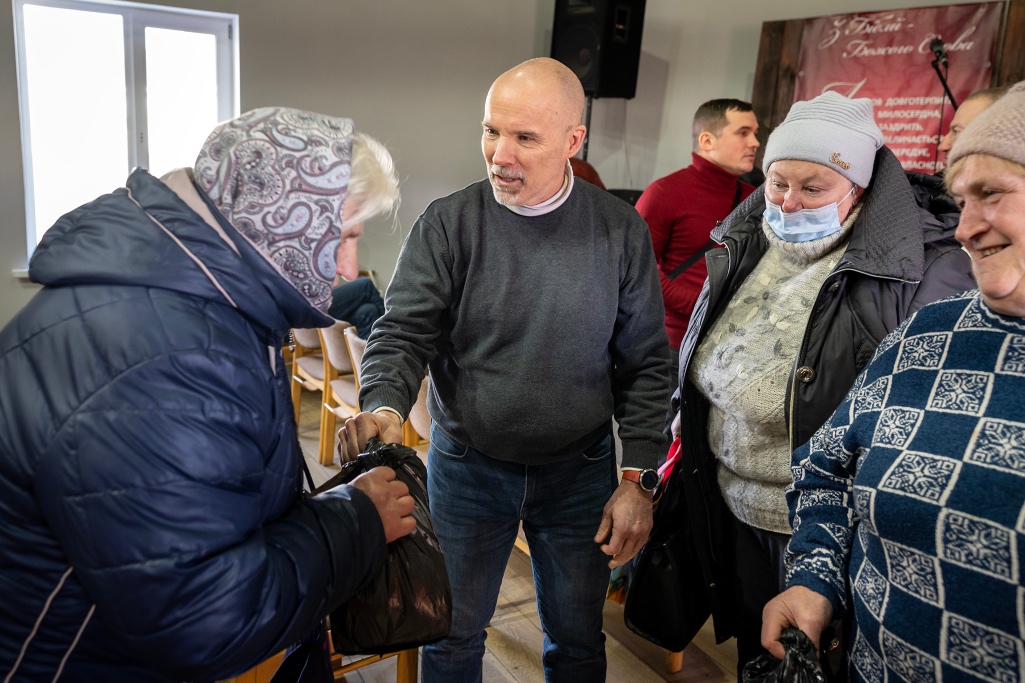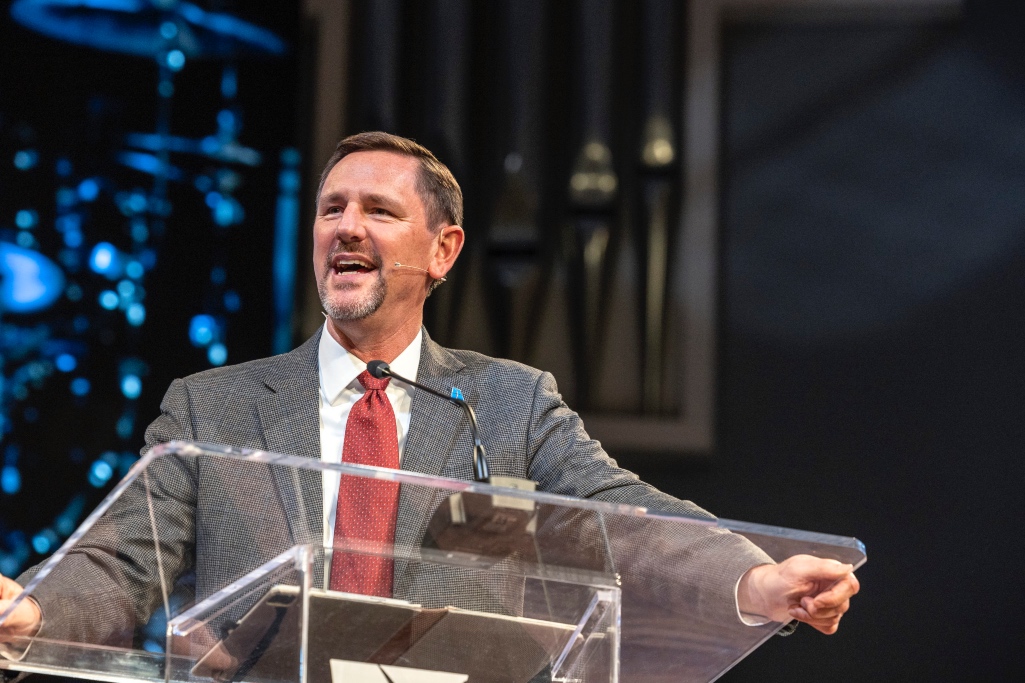One of the most regrettable legacies of the Millennial generation will be the forfeiture of many of the great institutions and traditions bequeathed to us in trust.
To be sure, no man-made institution can emerge spotless from strict scrutiny. The institutions serving as agents or as a committee of the whole have been the mechanism whereby great advancements in history have taken flight. Yet, whether it was the Declaration of Independence drafted by perhaps one of the greatest subcommittees in world history (Thomas Jefferson, John Adams, Benjamin Franklin, Roger Sherman and Robert Livingston can hardly be described as “establishment”) or the means employed in the founding of many of our nation’s colleges and universities, institutions or funding mechanisms can wither over time and drift from their original purpose.

Paul Dietzel II |
As I walked around the Greater Columbus Convention Center for the 2015 annual meeting of the Southern Baptist Convention (SBC), I was struck by the overall focus and unity of a multi-generational group of people determined to make an impact. I inhabit the technology and political sectors and, for better or worse, conventions or conferences are often the places where business is transacted. While the annual meeting of the SBC bears some strange similarities to those types of events, there was a pronounced difference that marked my memory. In the aftermath of the SBC, I have come to see both the heritage and hope of the denomination of my birth.
Southern Baptists are rightly concerned about the lack of young people involved in the overall structure of the denomination. Start speaking of “programs” and the eyes of young skeptics (even those friendly to the SBC) begin to roll. My generation is the recipient of expensive plans that either never took shape or failed miserably. The more distance between my local church and denominational festivities, the more certain we are to create a disconnect between the reality of what occurs on the street and the fantasy created by a rapidly evolving cyber world.
These days everyone seems to be eager to franchise out technological capacities to engage a generation raised with cellphones and the Internet. The technological subculture, while real and growing, is but the result of the human longing for community. To understand that is to begin to make sense of Millennials in a significant way. The most powerful relationship is not one fostered online.
What encouraged me as a “first-time” guest to the SBC was a realization that the Southern Baptist Convention exists for local Southern Baptist churches – not the other way around. Far too much time and talk have been expended on the necessity of maintaining the structure of the convention. Yet there seems to be a renewed focus on using the convention structure for the advancement of local church priorities. If this is indeed the case, the future is bright for the SBC. If, however, the structure becomes the priority, the SBC could be on life support all too soon.
The great challenge is to connect my generation (especially those of us who are not pastors, theologians or denominational employees) to the existing operational structure of the SBC. This depends on increasing the relational connection between Southern Baptist Christians and the SBC’s legacy funding streams like the Cooperative Program, the Annie Armstrong Easter Offering for North American Missions and the Lottie Moon Christmas Offering for International Missions.
In other words, there must be a real-world connection between money, mission investment, Christian doctrine, gospel culture and ultimately the worship of God. There must be a personal connection between giving money and mission involvement where one is not mutually exclusive of the other.
Here is where technology can play a vital role. Monetary investment in the SBC must be explained anew to a new generation of Southern Baptists. It is not simply a matter of marketing. It is a matter of transparency, simplicity and a confidence driven by a real-world understanding that participation in the Cooperative Program as well as the SBC’s annual mission offerings translates into direct engagement in mission work with real people.
Every institution or program tends to produce its exact opposite. Everything defined as “missions” isn’t “missions.” Enabling and expanding pathways for mission engagement with local congregations where a person can confidently trust the structure of the SBC is the path of advancement for a new generation of Southern Baptists to impact the world for Christ and His Kingdom.
You will search the Bible in vain for the International Mission Board, North American Mission Board or the SBC. What you will see are local churches where faithful Christians sacrifice for the truth of the gospel in the world. The ongoing renewal of the SBC will only be sustained by the reality that Jesus Christ loved the church and gave Himself up for her.
(EDITOR’S NOTE – Paul Dietzel II is the founder of Anedot, a Baton Rouge-based technology company. He is a former candidate for Congress from Louisiana’s 6th Congressional District and a member of Jefferson Baptist Church in Baton Rouge.)


